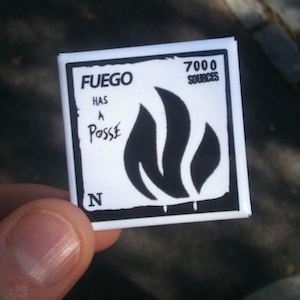It’s time again for our monthly Nieman Lab happy hour — which this month coincides with the annual gathering of the future-of-news tribe for the Online News Association’s annual conference. Newsies, nerds, and news nerds will all be descending on Boston later this week, so we thought we’d time this month’s happy hour to let the out-of-towners drop by.
So come have a drink with us at Meadhall this Thursday (Sept. 22) at 5 p.m.
 Meadhall is in Kendall Square in Cambridge (corner of Broadway and Ames), and it’s just a few short blocks away from the Microsoft NERD Center, where the ONA opening reception starts that evening at 7:30 p.m. Consider us your warmup for the big show — we’ll all walk over to the main event when the time comes.
Meadhall is in Kendall Square in Cambridge (corner of Broadway and Ames), and it’s just a few short blocks away from the Microsoft NERD Center, where the ONA opening reception starts that evening at 7:30 p.m. Consider us your warmup for the big show — we’ll all walk over to the main event when the time comes.
As an extra lure, the lucky first few dozen people in attendance will get an extremely rare collectable: the first ever (and maybe last ever!) Nieman Lab button, in this case celebrating Fuego. (More about Fuego to come shortly, by the way.)
(And here’s a link for those of you wondering why, exactly, Fuego has a posse.)